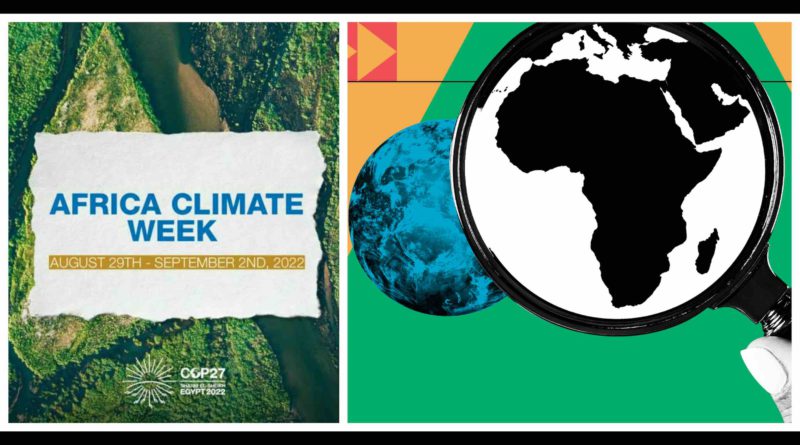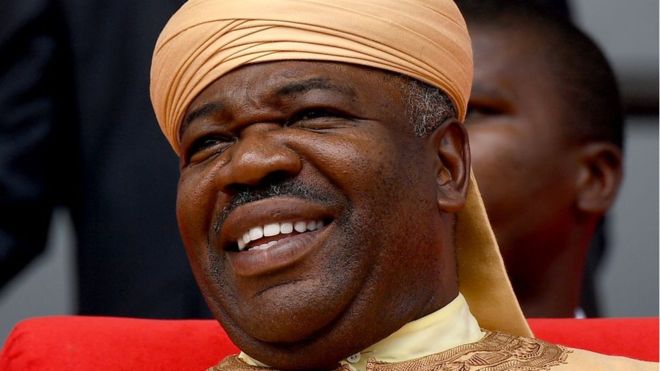The Mohammed VI Foundation for Environmental Protection has highlighted the African climate resilience initiatives on the sidelines of UN Africa’s Climate Week, currently held in Libreville from Aug.29 to Sept.2.
Recognizing the importance of universities and the private sector in environment protection, the Mohammed VI Foundation for Environmental Protection gave the floor to young experts, students and managers who focused on the scientific knowledge and skills needed to take up the environmental, health, social and economic challenges of ecological transition and sustainable development.
The event was an opportunity to promote the role of youth in enhancing climate resilience, putting emphasis on African stakeholders in building community resilience to climate change impacts through capacity development, concrete initiatives and start-ups.
The meeting, which brought together representatives of civil society, the network of green universities and Qualit’Air pact, discussed ways to encourage businesses in measuring their greenhouse gas emissions, reducing CO2 and carbon offset projects.
Moroccan minister of Energy Transition & Sustainable Development, Leila Benali, and minister of Economy Nadia Fettah Alaoui are attending in Libreville the 2022 Africa’s regional climate week.
The gathering, to close doors on Sept.2, will look at the ambitions, innovations and partnerships that are driving climate action in Africa. It will explore the possibilities of transformative change and showcase solutions and lessons learned in African continent, one of the most vulnerable to the impacts of climate change.
According to experts, Africa has contributed the least to greenhouse gas emissions, yet global warming threatens to expose up to millions of the poorest Africans to droughts, floods and extreme heat by 2030.
Today, the continent has already experienced widespread losses and damages due to climate change, says the Intergovernmental Panel on Climate Change (IPCC), including loss of lives and biodiversity, water shortages, and reduced food production and economic growth.
Despite these challenges, Africa holds the best solutions for moving the world towards a secure climate-resilient future, say experts at the UN Development Program. The continent has the world’s youngest population, the largest amount of arable land, the greatest potential for restoration, and is home to a quarter of all wildlife, offering opportunities for reversing the alarming trend.



